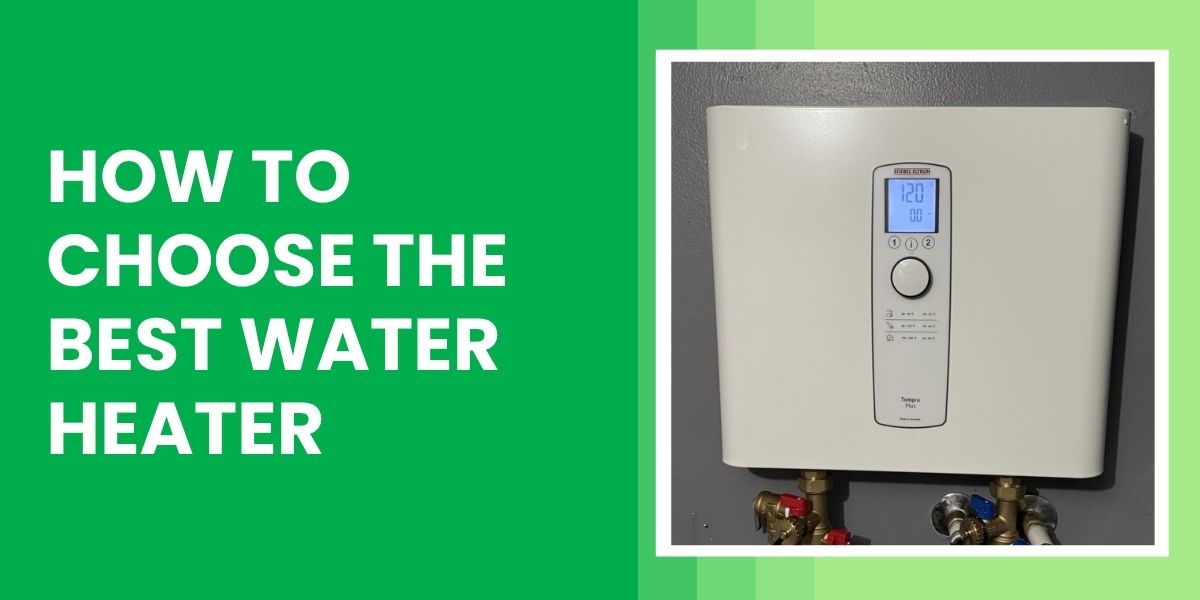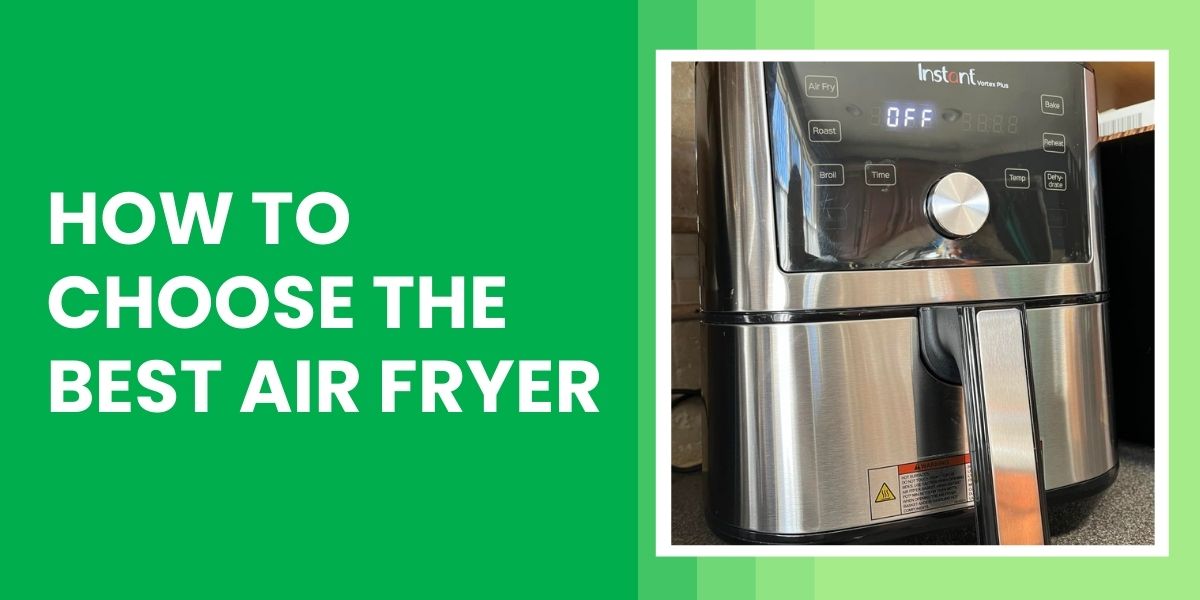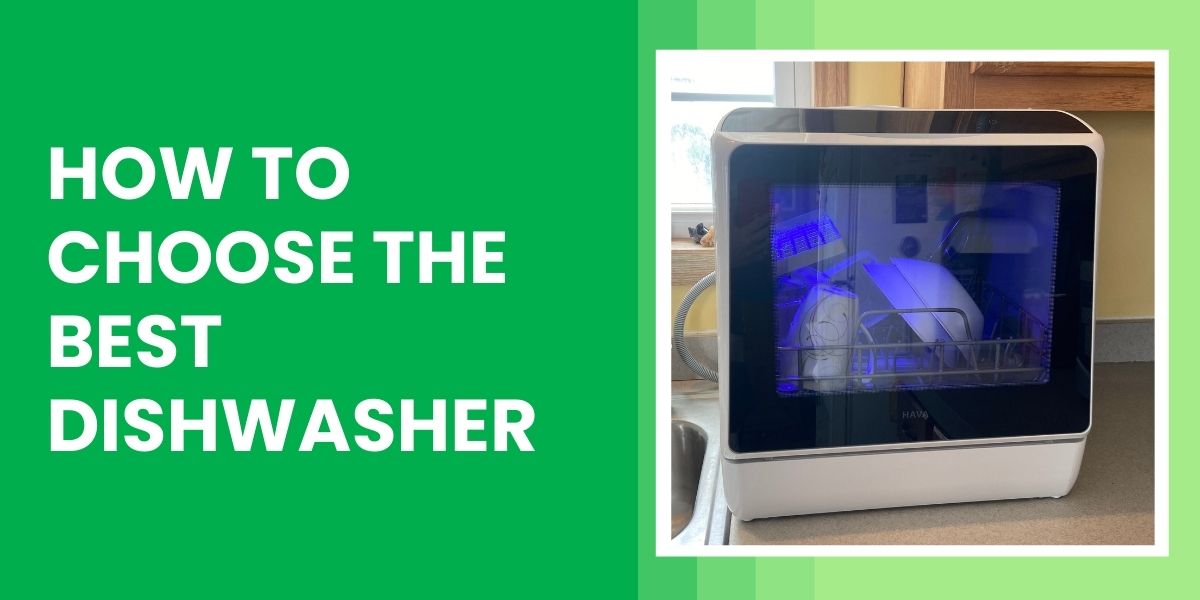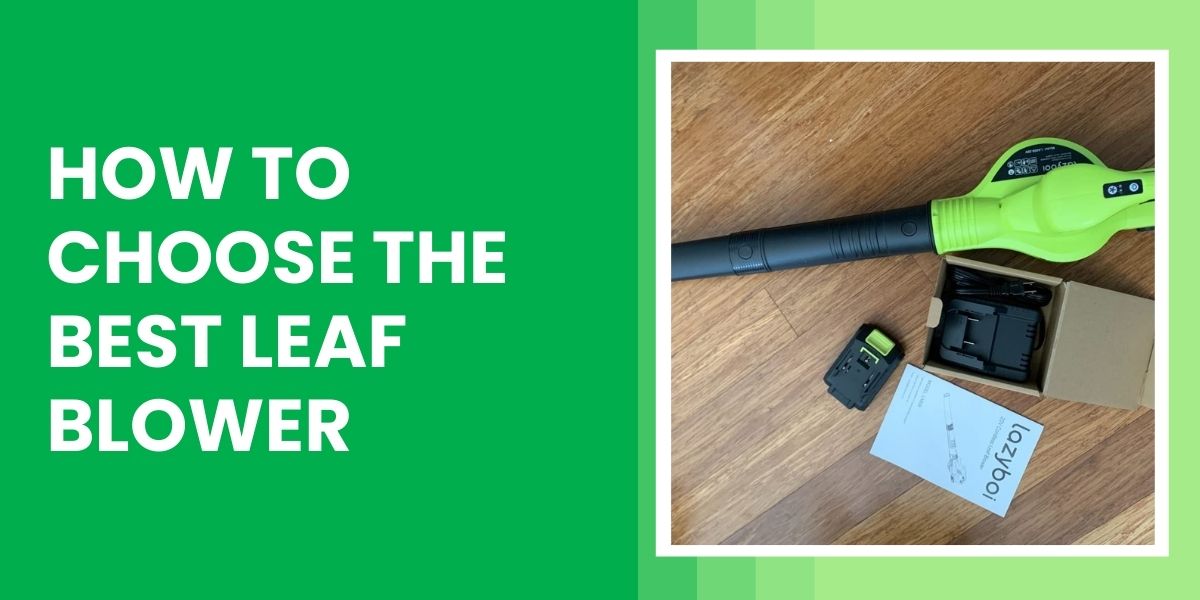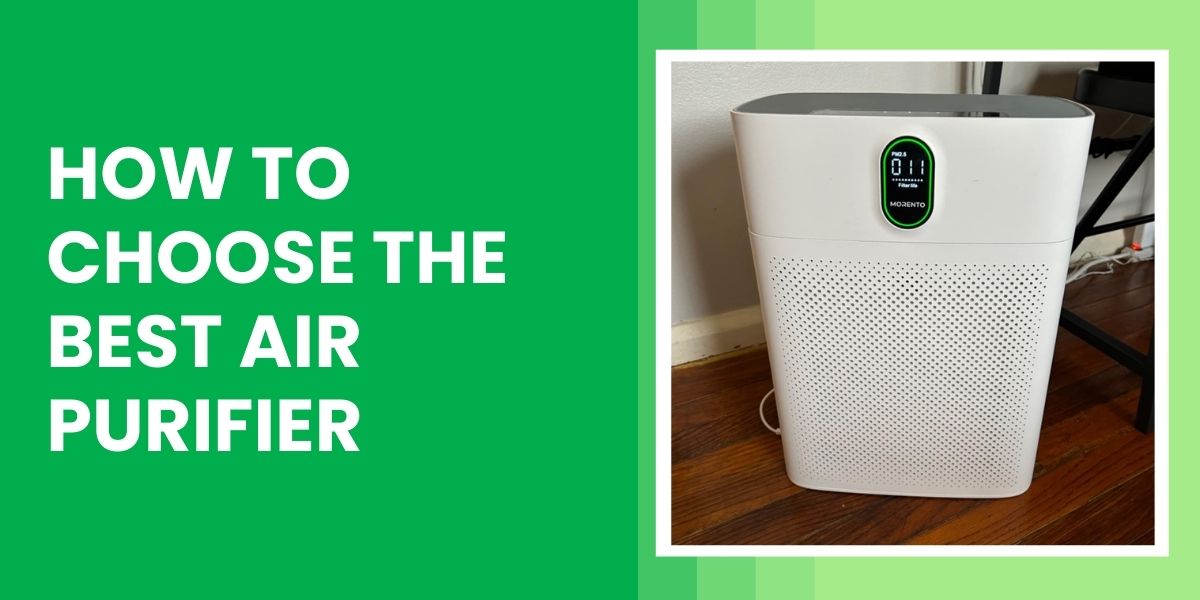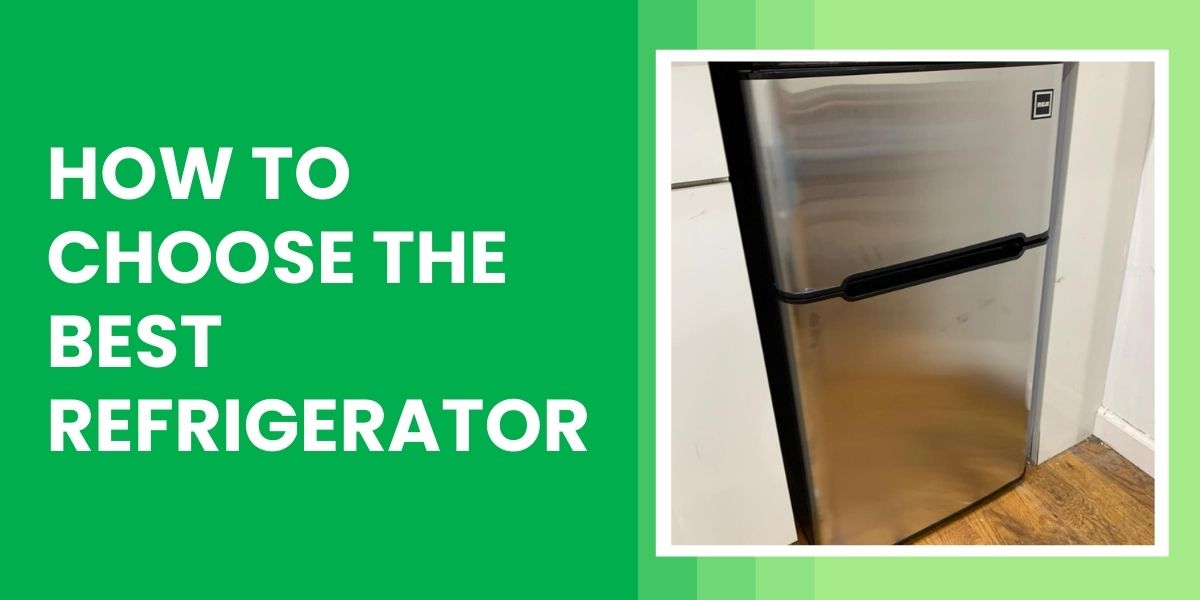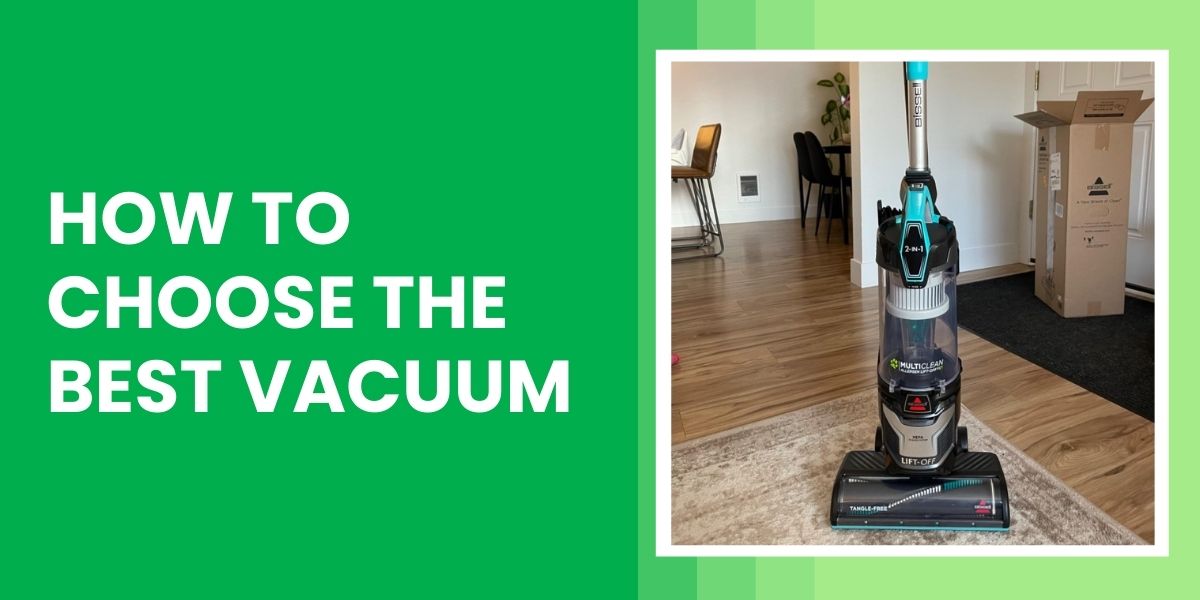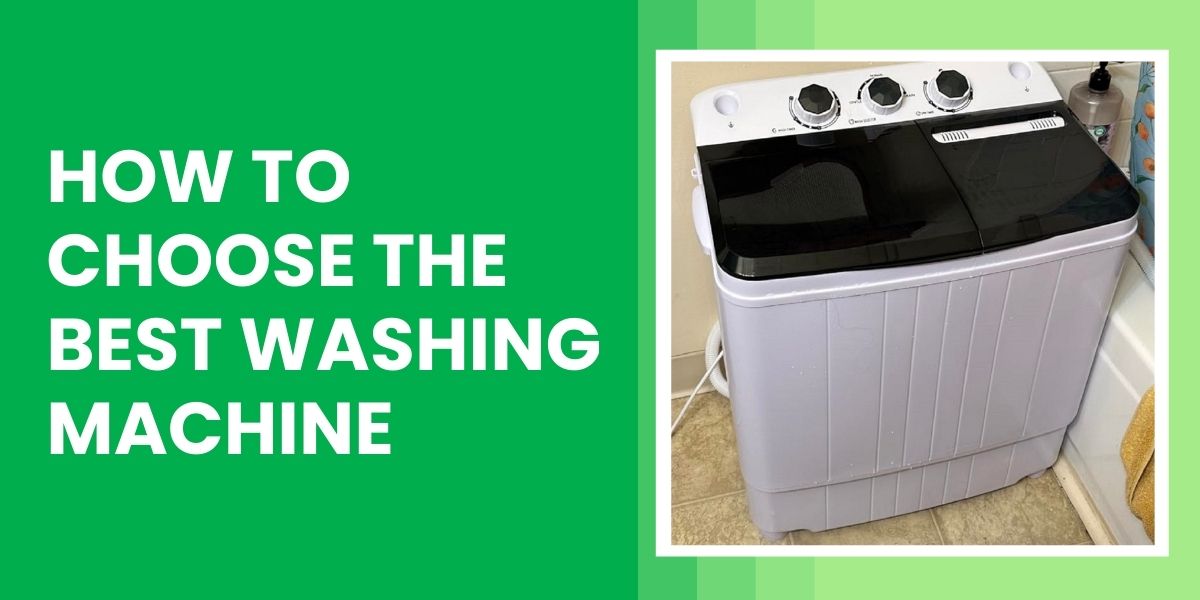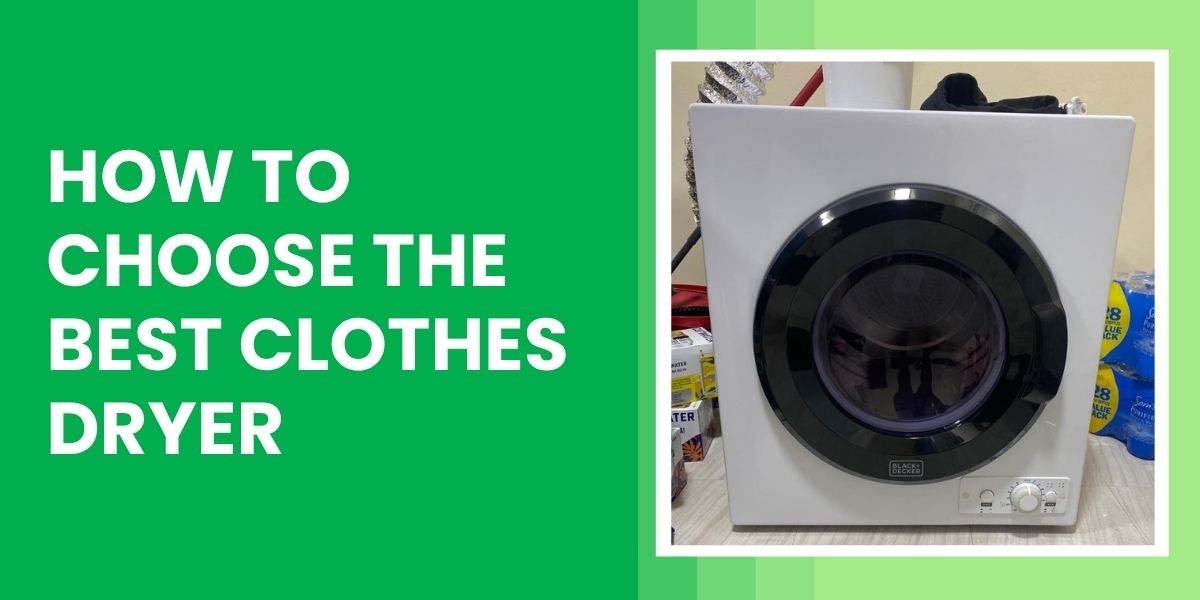Hot water is essential for daily tasks like bathing, washing dishes, and doing laundry. Choosing the best water heater means finding a model that fits your household size, energy goals, and available space. With several types and features available, it’s important to understand what each option offers before making a decision. This guide covers everything you need to know to choose a water heater that performs reliably and efficiently.
Things to Consider When Buying a Water Heater
Here’s a detailed breakdown of what to look for:
1. Water Heater Type
- Tank (Storage) Water Heaters
Stores a set amount of hot water, usually between 30 to 80 gallons.
Best for: Families with predictable daily usage. - Tankless (On-Demand) Water Heaters
Heats water as needed without storage. More compact and energy efficient.
Best for: Smaller homes, energy-conscious users, or households that need endless hot water. - Heat Pump (Hybrid) Water Heaters
Use electricity to move heat from the air into the water. Very efficient but require more space.
Best for: Warm climates and basements with good ventilation. - Solar Water Heaters
Use rooftop solar panels to heat water. Lower running costs but high upfront investment.
Best for: Homes with reliable sunlight and long-term savings goals.
2. Fuel Type
- Electric: Widely available, easy to install, but slower heating and higher operating costs in some regions.
- Gas (Natural or Propane): Faster recovery and lower energy cost if gas is available in your area.
- Solar: Sustainable but dependent on sunlight and usually paired with an electric or gas backup.
- Heat Pump: Electricity-powered and highly efficient but may cost more upfront.
Tip: Check local fuel costs before deciding, as energy prices vary by region.
3. Capacity and Flow Rate
Tank Water Heaters (Capacity in Gallons):
- 30–40 gallons: 1–2 people
- 40–50 gallons: 3–4 people
- 50–80 gallons: 5+ people or high-usage homes
Tankless Water Heaters (Flow Rate in GPM – Gallons per Minute):
- 2–3 GPM: One bathroom
- 4–6 GPM: One shower + dishwasher
- 7+ GPM: Multiple simultaneous showers or appliances
For cold climates, choose a higher GPM to compensate for colder incoming water.
4. Energy Efficiency
- Look for ENERGY STAR certified models for lower operating costs.
- Tankless and heat pump heaters typically offer the best efficiency.
- Check the UEF (Uniform Energy Factor) rating—higher is better.
Example: A heat pump water heater with a UEF of 3.5 is about three times as efficient as a standard electric unit.
5. Recovery Rate
How quickly the water heater can heat new water after the hot water is depleted:
- Gas models have faster recovery times than electric ones.
- High recovery rates are ideal for larger families or homes with back-to-back showers.
6. Installation Space and Location
- Tank heaters need space for the tank, piping, and clearances.
- Tankless units are wall-mounted and require less floor space.
- Heat pump units need a room with at least 1,000 cubic feet of air volume for efficiency.
- If installing in a cold garage or attic, choose a model with freeze protection.
7. First Hour Rating (FHR)
For storage tanks, this shows how much hot water can be delivered in one hour of full use.
Example: A 50-gallon gas unit may have a first-hour rating of 80 gallons, which is ideal for households with 3–5 people.
8. Temperature Settings and Controls
- Most units are pre-set at 120°F (49°C)—safe for most users.
- Adjustable thermostats let you increase temp for dishwashers or reduce it for energy savings.
- Some models have digital displays, vacation modes, or smart connectivity for app control.
9. Maintenance and Service
- Tank models should be flushed once a year to remove sediment.
- Tankless units need descaling in hard water areas every 1–2 years.
- Models with easy-access drain valves or filter indicators are more user-friendly.
10. Warranty and Lifespan
- Tank heaters: Typically last 8–12 years
- Tankless: Around 15–20 years
- Heat pump and solar: 10–20 years with proper maintenance
Choose models with at least a 6–10 year warranty on the tank or heat exchanger.
11. Budget and Price Range
Prices vary by type, capacity, brand, and installation needs. Here’s what you can expect:
Tank Water Heaters (Storage Type)
Electric (30–50 gal)
- US: $350–$800
- UK: £300–£700
- CA: CA$500–CA$1,000
Gas (40–50 gal)
- US: $500–$1,200
- UK: £500–£900
- CA: CA$700–CA$1,400
Note: Installation cost may be higher due to gas line connections.
Tankless Water Heaters (On-Demand)
Gas Models (7–10 GPM)
- US: $800–$1,800
- UK: £700–£1,500
- CA: CA$1,000–CA$2,500
Higher upfront cost, but better energy savings over time.
Electric Tankless (3–6 GPM)
- US: $250–$750
- UK: £200–£600
- CA: CA$350–CA$1,000
Heat Pump (Hybrid) Water Heaters
50–80 gal
- US: $1,200–$2,500
- UK: £1,000–£2,000
- CA: CA$1,500–CA$3,000
Higher efficiency, ideal for long-term savings in larger households.
Solar Water Heaters
Panel system with tank (excl. tax credits)
- US: $2,500–$5,000+
- UK: £2,000–£4,000
- CA: CA$3,000–CA$6,000
Requires sunny climate and significant upfront investment but lowest ongoing cost.
Installation Costs
- Tank units: $300–$700
- Tankless or heat pump units: $800–$2,000+ depending on complexity
- Installation costs vary by region and whether old units need removal or permits are required.
Additional Features to Consider
Smart Controls or Wi-Fi Connectivity
Lets you monitor usage, adjust temperature, or schedule heating from your phone.
Vacation Mode
Reduces standby energy loss when you’re away for extended periods by lowering the water temperature automatically.
Leak Detection
Built-in sensors can alert you or even shut off water flow if a leak is detected, reducing the risk of water damage.
Dry-Fire Protection
Prevents the unit from heating if the tank is empty, which protects the heating element from damage.
Glass-Lined Tanks or Anti-Corrosion Coating
Helps extend tank life by preventing rust buildup inside.
Built-in Recirculation Pumps
Available in some tankless units to provide near-instant hot water at the tap, reducing water waste.
The best water heater for your home is one that meets your hot water needs, fits your space, and operates efficiently over time. Whether you choose a traditional tank model, an energy-efficient heat pump, or an on-demand tankless unit, make sure it’s sized correctly and offers the features you’ll actually use. Don’t forget to consider long-term costs like energy usage and maintenance. With the right information, you can invest in a water heater that delivers comfort, convenience, and savings for years to come.
